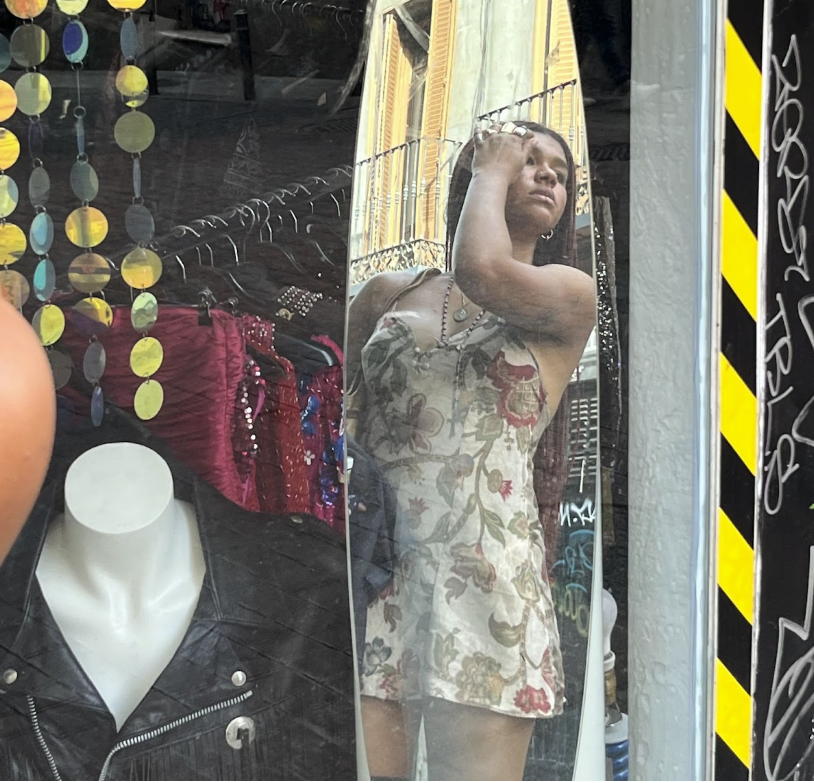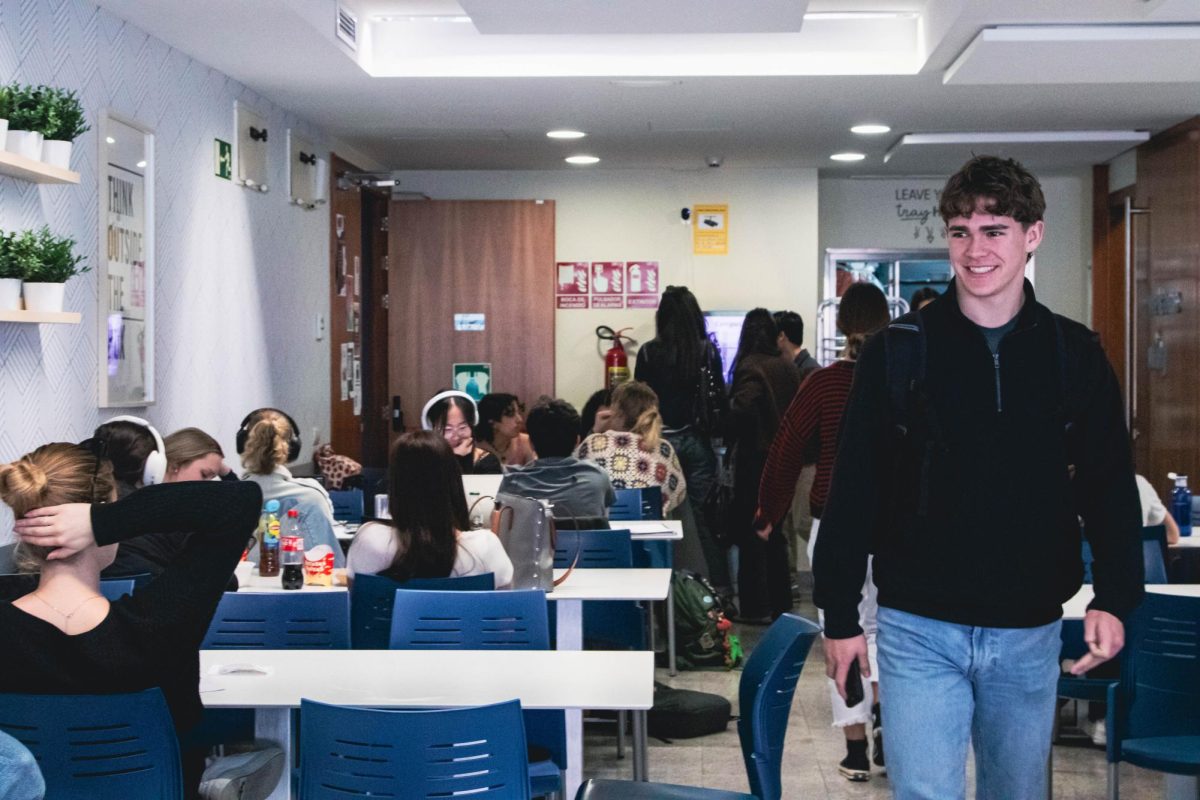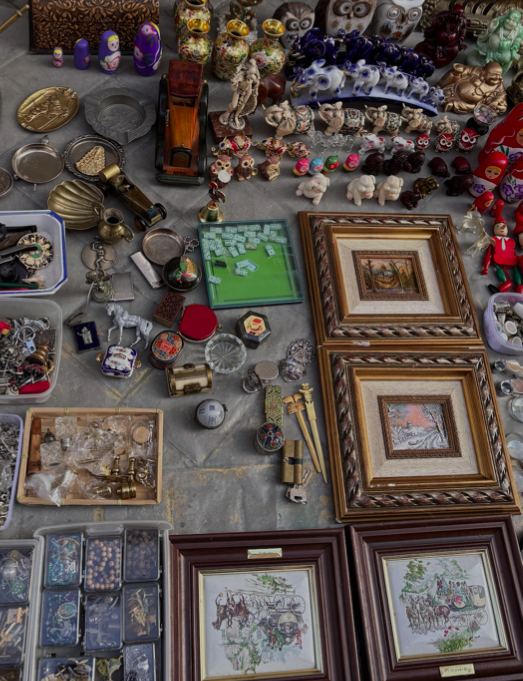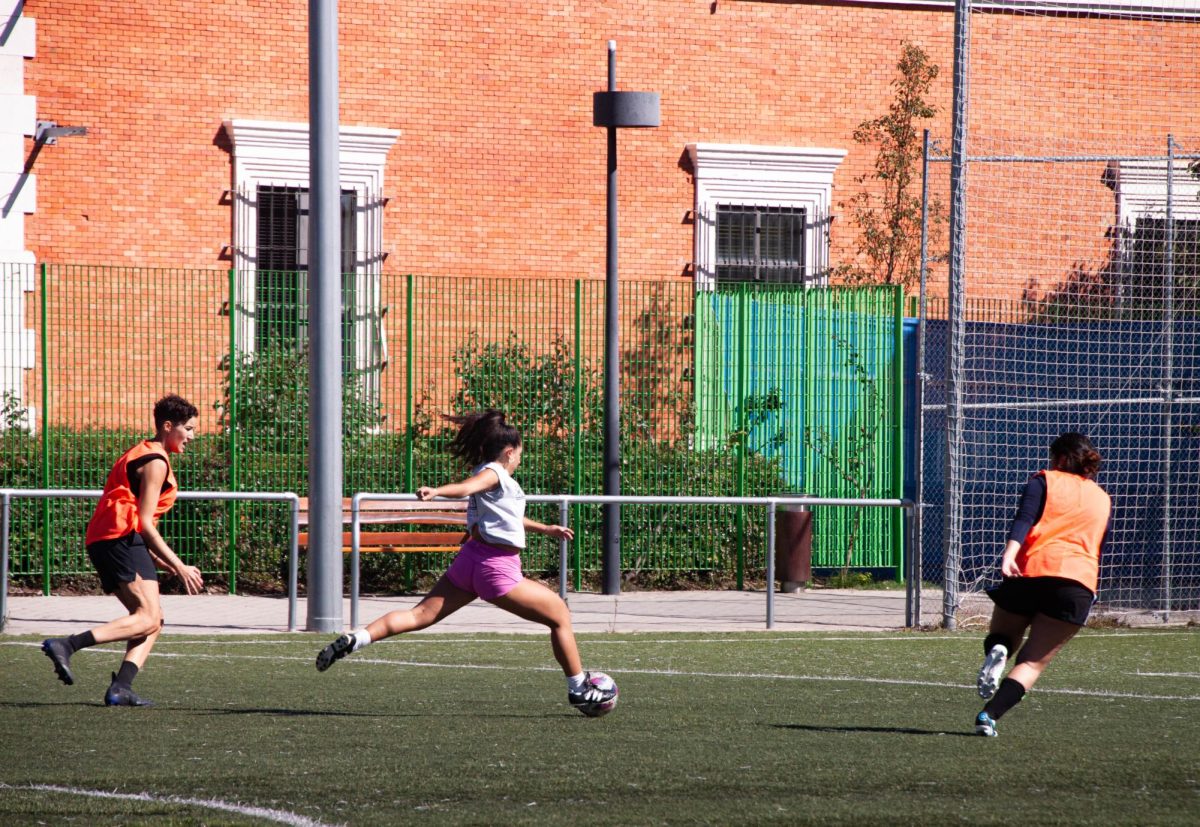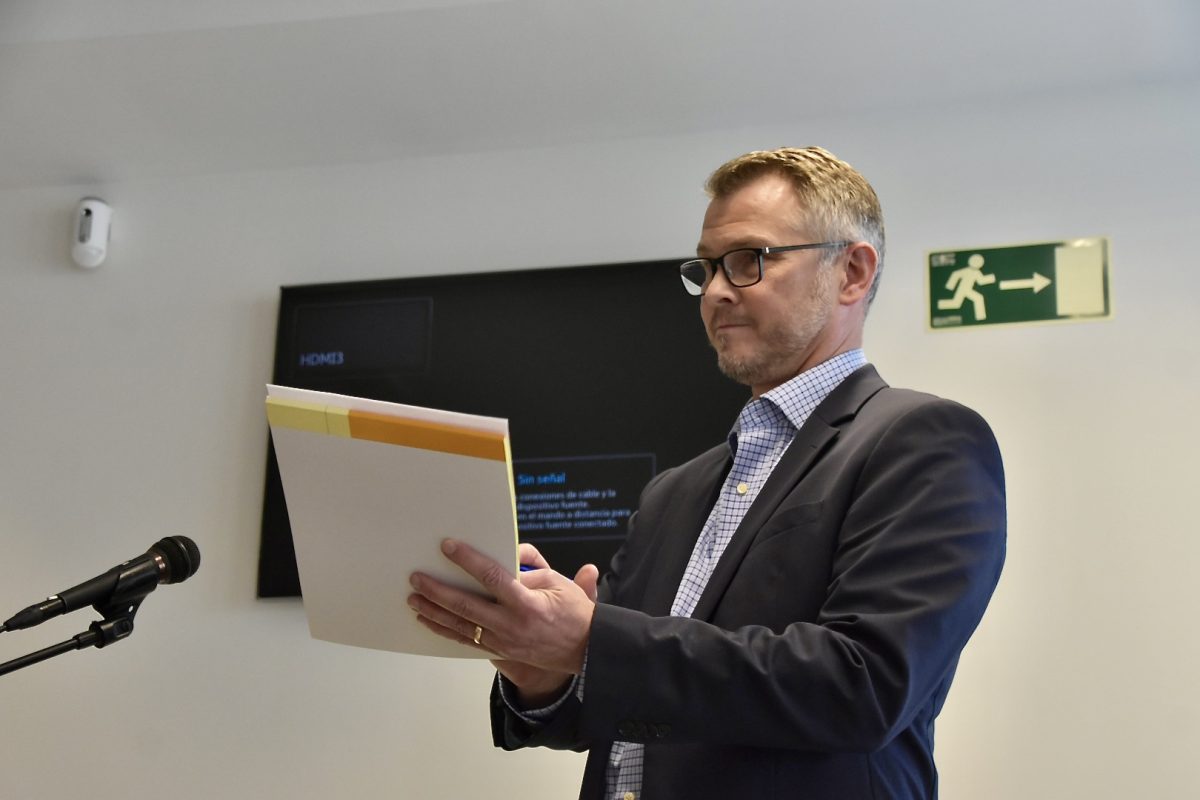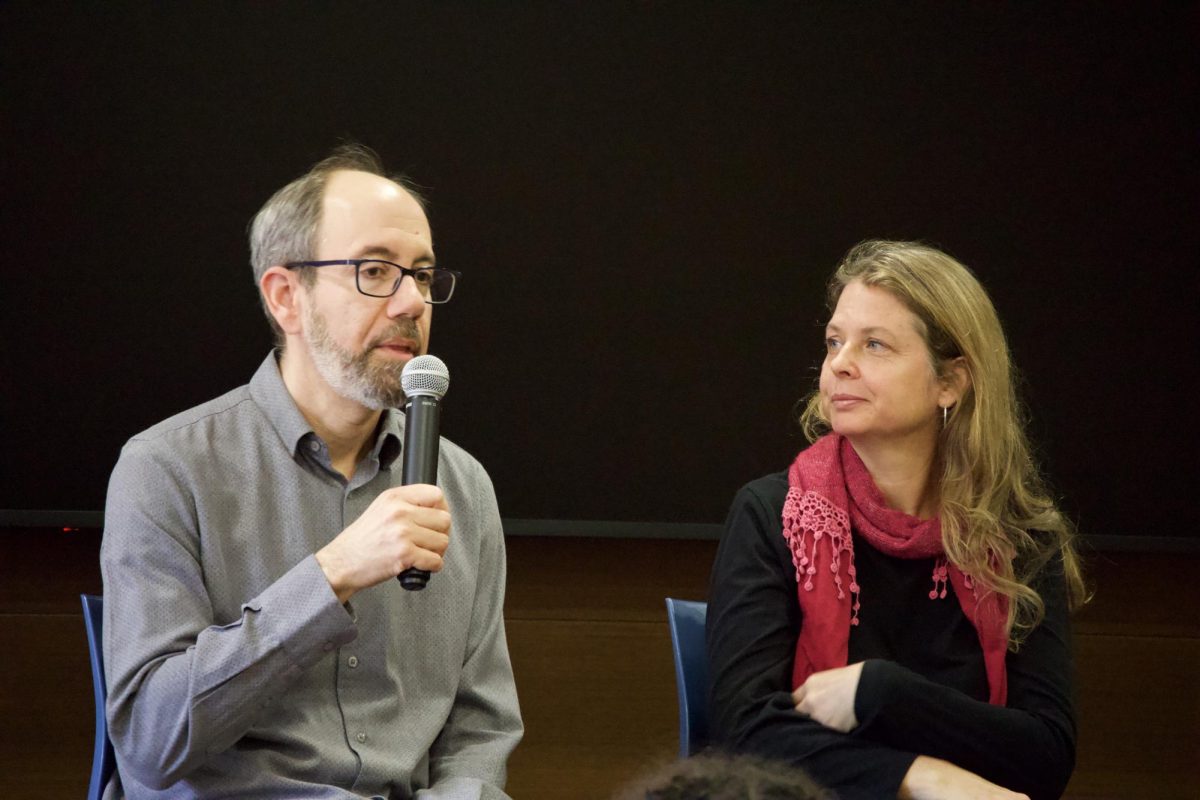When he was first introduced to the world of social media, Stephen Davis felt invincible. He would dominate the conversation in video calls with 40-year-old strangers and start short-lived relationships with girls from across the globe.
“I’m not gonna lie, I felt like that guy. I was talking to, on average, at least 20 random people online per day,” said the 21-year-old international business major, grinning at his memories from the good old days. “I felt omnipotent. I held all the power.”
Davis has had a rocky relationship with social media since middle school, which is a shared experience among his fellow university peers. After growing up with these platforms, students like Davis have harnessed their social media experience to find practical uses for these apps, and they have each formed unique relationships with the platforms. Some of them resent the functions of social media while others have utilized it for creating their own businesses – like SLU Student Arina Barbashova.
Social media as professional outlet
Barbashova, a 22-year old art history major and marketing minor at SLU Madrid, has utilized social media to create an online brand for herself. “I had a startup and I sold my guidebook with food recipes and earned money, and now I earn money through social media,” says the Moscow native. “I do it in a professional way… I work for an agency, so it’s part of my profession.”
Barbashova started off by learning from influencers – observing their tactics, posting habits, and captions. She began to post constantly, and even sold perfumes through her instagram stories. In addition, she ran a beauty blog where she reviewed makeup and skincare products. “I would watch bloggers and I was trying to learn something from them – how to do marketing,” she adds. Unlike other students her age, she never struggled with comparison on social media. “I think I didn’t compare, I just used it for marketing. I was just looking at influencers and asking, how can I achieve these results?” says Barbashova. She simply focused on achieving the same results as the influencers on her screen, and generally felt “chill” when it came to comparison.
Now, Barbashova has almost 2,000 followers on her instagram, and posts regularly. She still learns from influencers, and even buys educational courses through social media.
From hate to healthy: a student matures
Davis, the business major who once felt “omnipotent,” has had a wildly different experience with social media. Nowadays, he uses Twitter to display funny thoughts that come to him, and scrolls for memes on Instagram and Tiktok – but in high school, he was a self-proclaimed social media menace.
“I was using it in the complete wrong way, I assure you that,” says Davis. “I definitely used it for hate, not for anything good. I was evil.”
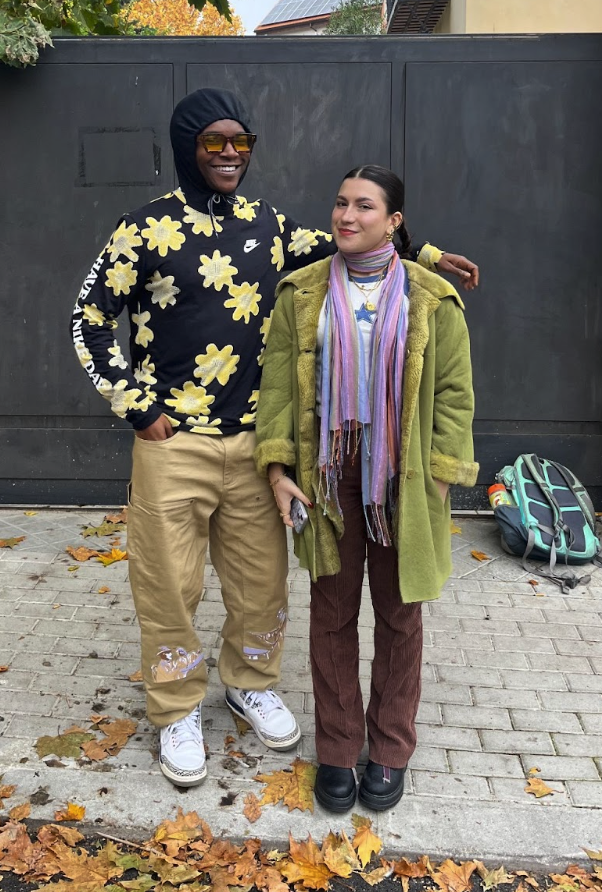
(Sophia Adams)
Davis explored all the dark corners of social media, using it for humor, random connections, and even a shot at fame. “I used tumbler for a porn account that I ran so that I could get followers so I could convert it to a meme account but it didn’t blow up like I wanted it to,” he says.
Even before high school, he attempted to gain a large following using some not-quite-ethical tactics. “I remember when I was in 6th grade, people would post pictures, and their pictures were getting 70-100 likes. And I would maybe get like 12 likes,” he says. “I was like damn – I gotta look like I’m popular. So I got on this app where you like their post and they like yours, so I would like 300-400 people’s posts and they’d like mine back.”
Now, Davis laments the unlimited access of social media, especially for younger generations. He feels that his social media usage was damaging to his developing brain – especially for rated-R content. “Ubo was an app – it was practically tinder for 16 year olds, you had chat rooms and video rooms, and I met some characters from that,” he explains. “And you used to just watch people fuck. I was scrolling for hours looking for people doing shit. They should not have given a 16 year old that app. Too much unprovoked access.”
He also describes the hateful atmosphere of social media, and how certain platforms served as outlets for teens to express their anger in unhealthy ways: “In 10th grade I was on twitter chronically throwing hate into the world. I would get into a lot of fights there, it got so bad that I had a stalker – they found my number and texted me at work a description of what I looked like.”
Davis has developed a much healthier relationship with social media in college, compared to his high school habits. He says his usage has changed “drastically,” but he recognizes the long term effects that unprovoked access can have on teens because of his own experience.
A problem for romantic break-ups
Senior Tristan Kirkland, 24, says he has a cynical view of social media. The communication major has realized how much time he wastes on social media, and has drifted away from it in recent years.
“Honestly I think the biggest factor has been that thing on the iPhone where it shows your usage,” he says. “That feature alone did more for me in terms of making me realize how much time I waste because it was personal to me – like I’m actually doing this.”
In high school, Kirkland would use social media as a platform to share edited videos, using footage from vacations. He still enjoys curating videos but his drive to post them has diminished: “It’s harder for me to find the motivation to put work towards something that I know is only gonna be on social media.”
He also points out the differences between community connections on social media, and how the web of interconnectedness is hard to break out of. “In real life if you don’t like someone, there’s ways to dodge them,” he says. “Social media creates this net that everyone has to be in, so it’s a big deal if you take yourself out or if you unfollow someone.”
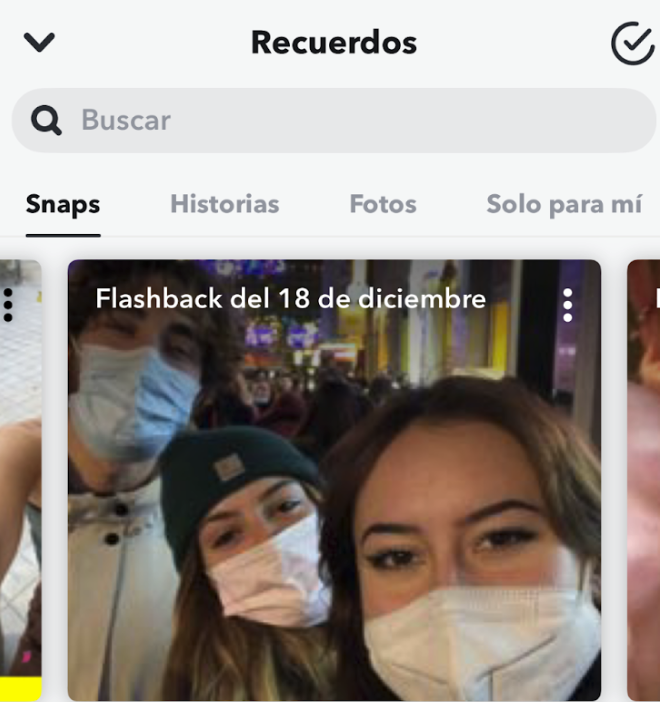
This phenomena that Kirkland describes has been studied various times throughout the past decade, especially in relation to breakups and prolonged healing processes. According to a 2019 study conducted by University of Colorado Boulder, social media can disturb the healing process after a breakup, due to algorithm suggestions and continued access to the social profile of ex-partners. Even if a user unfollows or blocks their ex-partner, the algorithm tends to offer friend suggestions of the ex-partner’s circle or even their new partner. Most social media platforms also offer memory features, where they show the user a picture or post from “1 year ago today,” etc. Each of these features evokes unexpected reminders of painful memories for users who are trying to move on from a person or period in their life. As Kirkland described, this net is tricky to navigate.
An invitation to comparison
Other university students, like recent graduate Kaija Campbell, have had more productive experiences with social media. The 22-year-old psychology graduate used social media to gain inspiration for art and fashion, and ran a Tumbler account to showcase her art in high school. She remembers feeling frustrated that her art wasn’t gaining engagement like the other art influencers she followed, although they were professional accounts run by people she didn’t know. Now, she recognizes that her social media usage can be excessive but she doesn’t feel the same frustration from comparison.
“I have a more centered self worth, so I don’t compare myself as much anymore.” says Campbell. She runs an art account and routinely posts reels showcasing her lifestyle on her main account, as well.
Marketing and economics student Nikki Albornoz uses social media to stay connected with people she’s met through her lifetime of moving from country to country. The Venezuela native moved from the US to Europe in high school, and used different platforms to reach friends and family depending on which platform was most popular for her peers. She used Snapchat to communicate with American friends, and Instagram to reach her Venezuelan family and French friends. After quarantine, she did struggle with feelings of comparison, but these feelings have dissolved since being in college.
“During that time (covid) I did have FOMO because the French government did not allow for the renewal of my visa and therefore, I was not allowed to go back to school when quarantine was over.” says Albornoz. Now, she uses social media more because of the installation of newer features, like Instagram reels.
